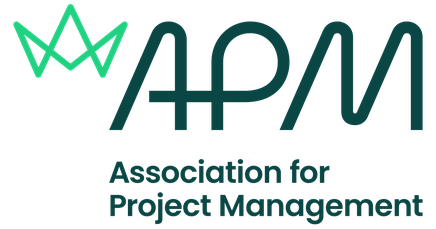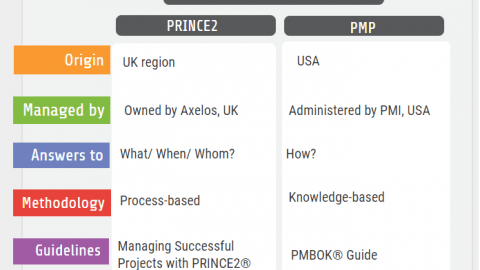How to Become a Freelance Project Manager
Project management is a field that’s growing fast, according to research by Simply Business. They found that the number of project managers getting insurance went up by 71% between 2021 and 2022.
Table of Contents
But how can you become a project manager? Let’s break it down into seven simple steps:
Step 1: Decide if you’re a good fit for the job
What does a project manager do?
A project manager ensures that everyone who is part of a project, delivers their tasks within the projected deadlines.
Project managers work with different individuals and companies on a project. This could include the project sponsor, stakeholders, and business analysts. Even though some people only help with certain parts of the project, project managers oversee everything from beginning to end.
One of your initial responsibilities will be to identify and manage project risks.
Organising regular check-in meetings and discussions on specific project areas are essential tasks. You’ll likely use project management software and tools like Gantt charts to develop project plans and budgets.
Step 2: Select an industry you like
Almost any industry or organisation can hire project managers to assist them in achieving their goals and objectives. These sectors can vary from business and finance to construction, government, IT, and retail.
To become a specialist project manager, you likely need more specialised knowledge in your field than someone working in a broader business position.
Step 3: Figure out what project management qualification you need

You don’t necessarily need a formal qualification to become a project manager. However, completing project management courses can significantly boost your career prospects.
PRINCE2 is widely recognised in the UK and is considered an excellent starting certification. Gaining experience will give you better access to roles and projects.
Starting as an assistant project manager or a project management officer is common, and you can work your way up to becoming a project director. Project managers need various skills and qualities, including:
- planning
- attention to detail
- communication
- negotiation
- budgeting
- leadership
- and risk management
In the UK, you can pursue project management qualifications and courses in specific project management methodologies. Depending on the field you want to work in. For instance, a business degree isn’t always necessary for general business project management. Project management courses can help you understand project requirements and risks.
If you would like to specialise in areas like engineering project management, it is important to understand the industry. If you already work in engineering, a career transition to project management within the same field will be logical.
Many project manager job descriptions require training in specific methodologies, such as PRINCE2 or Agile. You can complete these certifications online or in person. PRINCE2 courses vary from a few weeks to several months, depending on the qualification level and study time available.
Step 4: Sign up for taxes
As a self-employed project manager, you must register your business with HMRC. If you fulfil your tax obligations, it will help you prevent penalties.
You’ll have several business structure options, including:
- operating as a sole trader
- forming a limited company
- or working under an umbrella company
If you’re uncertain about the most suitable option for you, you can speak to a financial adviser about the variances between setting up as a sole trader and a limited company. Additionally, you might contemplate whether registering for VAT aligns with your business needs.
Step 5: Get project manager insurance
Taking charge of your own work and being your own boss offers freedom, but it also means shouldering greater responsibility.
So, if you work as a self-employed project manager, consider project manager insurance. It provides protection in case of unforeseen circumstances.
Contract project managers often obtain public liability insurance. It safeguards them against legal expenses or compensation claims that arise from personal injury or property damage caused by their business.
Professional indemnity insurance is another essential cover for project managers. It addresses compensation claims and legal fees that arise from client financial or professional losses due to your work. Business equipment insurance ensures quick replacement of damaged or stolen equipment, which enables seamless continuation of your tasks. Furthermore, employers’ liability insurance is a legal requirement if you have any employees.
Step 6: Join a professional group

As a student, you can become a member of the Association for Project Management (APM), the chartered body for project managers. After more than five years on the job, you can advance from student to associate and then to full membership.
As an APM student, you have a valuable opportunity to stay updated on developments within the project management field.
Step 7: Start looking for project management jobs
Once you’ve set up your LinkedIn profile and business page, actively engage with project management professional networks and communities. Networking can provide valuable opportunities for job leads, mentorship, and skill development.
Project management forums, industry events, and professional connections in your desired field will help you build relationships with other project managers. This will open doors to potential job opportunities and offer insights into the industry.
The best tip to excel as a project manager is to keep your skills and knowledge up-to-date. You can do this by taking relevant courses, attending workshops, and pursuing certifications in project management.
Continuous learning and professional development will enhance your credibility as a project manager. In turn, it will increase your marketability in the career field.

11+ years strategic communications, marketing, and project management experience. I am a trainer at StarWood Training Institute, focusing on online courses for project management professionals.










